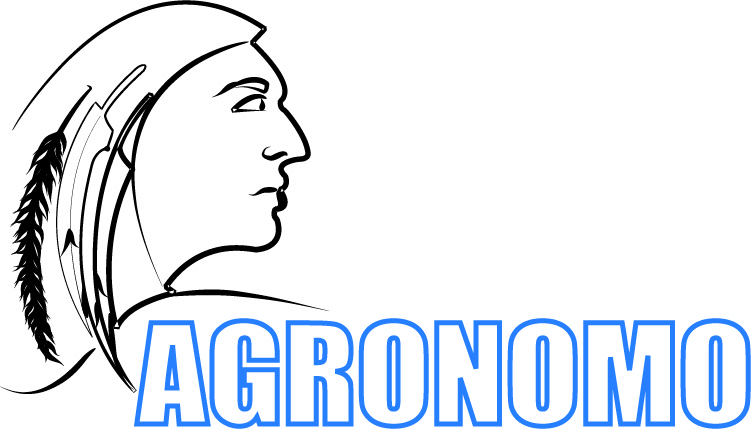Gondwana Link - sustainable landscapes boost carbon storage
The topic of carbon is getting more and more mainstream. Recently Clint Jasper from Radio National’s “A Country Breakfast” interviewed Professor Jacqueline McGlade, from Downforce Technologies about her company’s satellite technology for estimating soil carbon. The Professor even had a piece in ‘The Australian’.
Also Robin Williams’ ‘The Science Show’ had an extensive program on the best methods to remove carbon from the atmosphere.
This interview is with Keith Bradby a lifelong avid reader and curious prober at the mysteries of life.
He received an Order of Australia in 2015 and an Excellence in Natural Resource Management Award in 2005.
He has run a beekeeping and native seed business, consulted to the mining sector and worked in local enterprise development. He even worked for three state cabinet ministers across both side of politics.
He has also consulted to emerging landscape efforts in New Zealand, southern Africa and Mexico, and is helping to establish EcoHealth programs in Australia and New Zealand and is the Chief Executive Officer, Gondwana Link Ltd as well as being involved in a heap of other organisations as well.
Gondwana Link has reconnected country across south-western Australia, from the wet forests in the southwest corner to the dry woodlands and mallee bordering the Nullarbor Plain, in which ecosystem function and biodiversity are restored and maintained.
For more information on Gondwana Link - https://gondwanalink.org/ Image: Ula Majewski
Yarrabee in 2006 prior to restoration works. The property purchase was made possible through an initial funding contribution from Wesfarmers, and is owned by Greening Australia. A different mix of funding enabled the restoration plantings. Yarrabee is a critical property adjoining Stirling Range National Park where this section of the completed Link will eventually connect with the park. Image: Amanda Keesing
Same view in 2019, 13 years after the start of the project. Image: Blair Parsons










